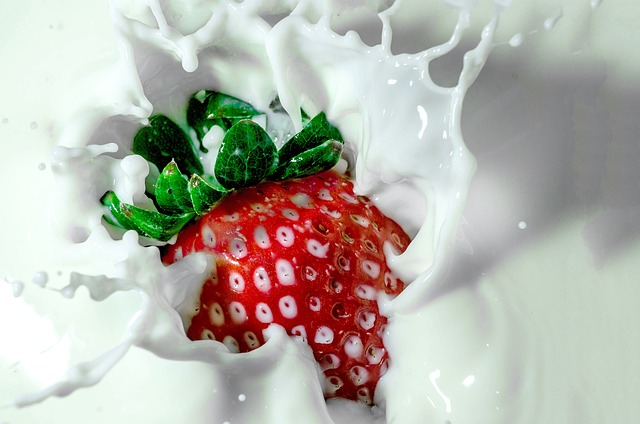(‘Beyond Yogurt: Exploring Lesser-Known Sources of Probiotics’,)
Probiotics are live microorganisms that provide several health benefits when consumed in adequate amounts. While yogurt is a popular source of probiotics, there are various other lesser-known options that can boost your gut health. In this article, we will explore some unique sources of probiotics to diversify your diet and enhance the beneficial bacteria in your gut.
(‘Kombucha’,)
Kombucha is a fermented tea beverage that packs a punch of probiotics. It is made by fermenting sweetened black or green tea with the help of a SCOBY (symbiotic culture of bacteria and yeast). The fermentation process gives birth to a fizzy, tangy, and slightly sweet drink.
The probiotic strains found in kombucha can help improve digestion, enhance immune function, and contribute to overall gut health. Additionally, kombucha contains antioxidants and can aid in detoxification.
(‘Kimchi’,)
Kimchi is a traditional Korean side dish made from fermented cabbage, radish, and a variety of spices. This pungent and spicy dish is known for its rich probiotic content.
The fermentation process used to make kimchi promotes the growth of Lactobacillus bacteria. These beneficial bacteria support healthy digestion, boost the immune system, and work to keep harmful pathogens at bay.
(‘Sauerkraut’,)
Sauerkraut is another popular fermented cabbage dish that offers a range of health benefits. Made by fermenting finely shredded cabbage in salt, sauerkraut is a rich source of probiotics.
Consuming sauerkraut regularly can aid in digestion, improve nutrient absorption, and strengthen the gut barrier. It also contains high levels of vitamins C and K, as well as various antioxidants.
(‘Miso’,)
Miso is a traditional Japanese seasoning made by fermenting soybeans with salt and a fungus called koji. It is commonly used in soups, sauces, and marinades.
The fermentation process of miso promotes the growth of beneficial bacteria, such as Lactobacillus and Bifidobacterium. These probiotics support gut health, aid digestion, and may even have anti-inflammatory properties.
(‘Tempeh’,)
Tempeh is a plant-based protein source made from fermented soybeans. Originating from Indonesia, this versatile ingredient is gaining popularity worldwide.
During the fermentation process, tempeh becomes packed with probiotics, including various strains of bacteria. These probiotics improve gut health, balance cholesterol levels, and enhance nutrient absorption.
(‘Kefir’,)
Kefir is a fermented milk drink that has been consumed for centuries. It is made by adding kefir grains, which consist of bacteria and yeast, to milk.
The bacteria and yeast in kefir grains ferment the lactose in milk, resulting in a tart and tangy beverage. Kefir contains an abundance of probiotics that promote healthy gut flora, aid in digestion, and boost immunity.
(‘Pickles’,)
Yes, those tangy pickles you love can be a good source of probiotics too! Pickles are cucumbers that have undergone lactic acid fermentation, turning them into a crunchy probiotic-packed treat.
When choosing pickles, opt for naturally fermented ones that contain live cultures, rather than the vinegar-pickled variety. The live cultures in pickles can contribute to a healthy gut microbiome and improve digestive function.
So, while yogurt is undoubtedly a great source of probiotics, don’t limit yourself to this one food. Branch out and try these lesser-known sources of probiotics to diversify your diet and promote a healthy gut ecosystem.







